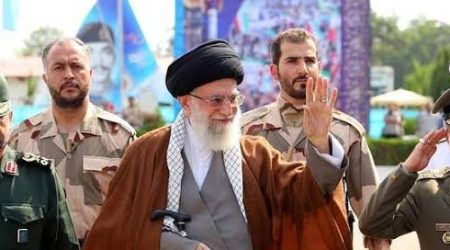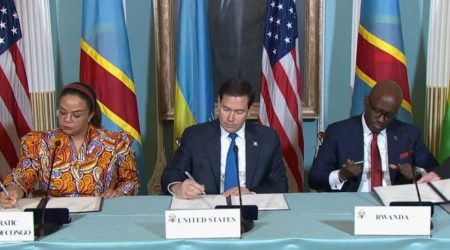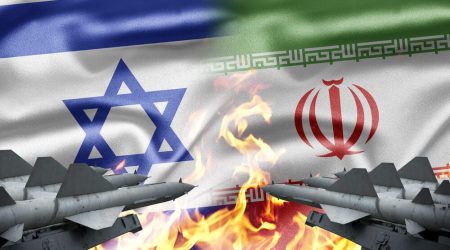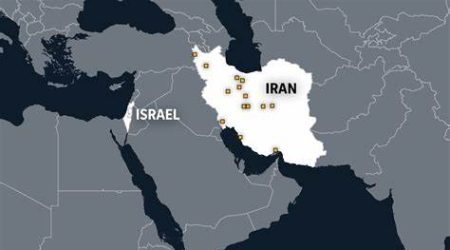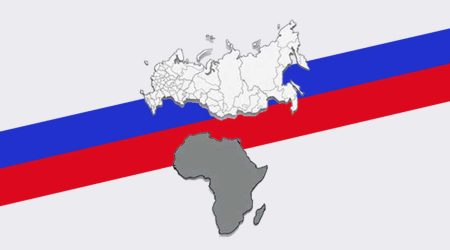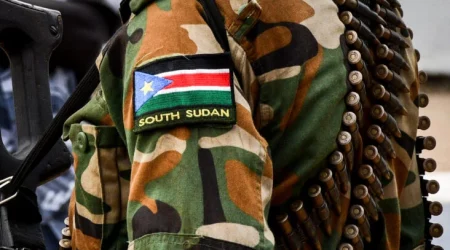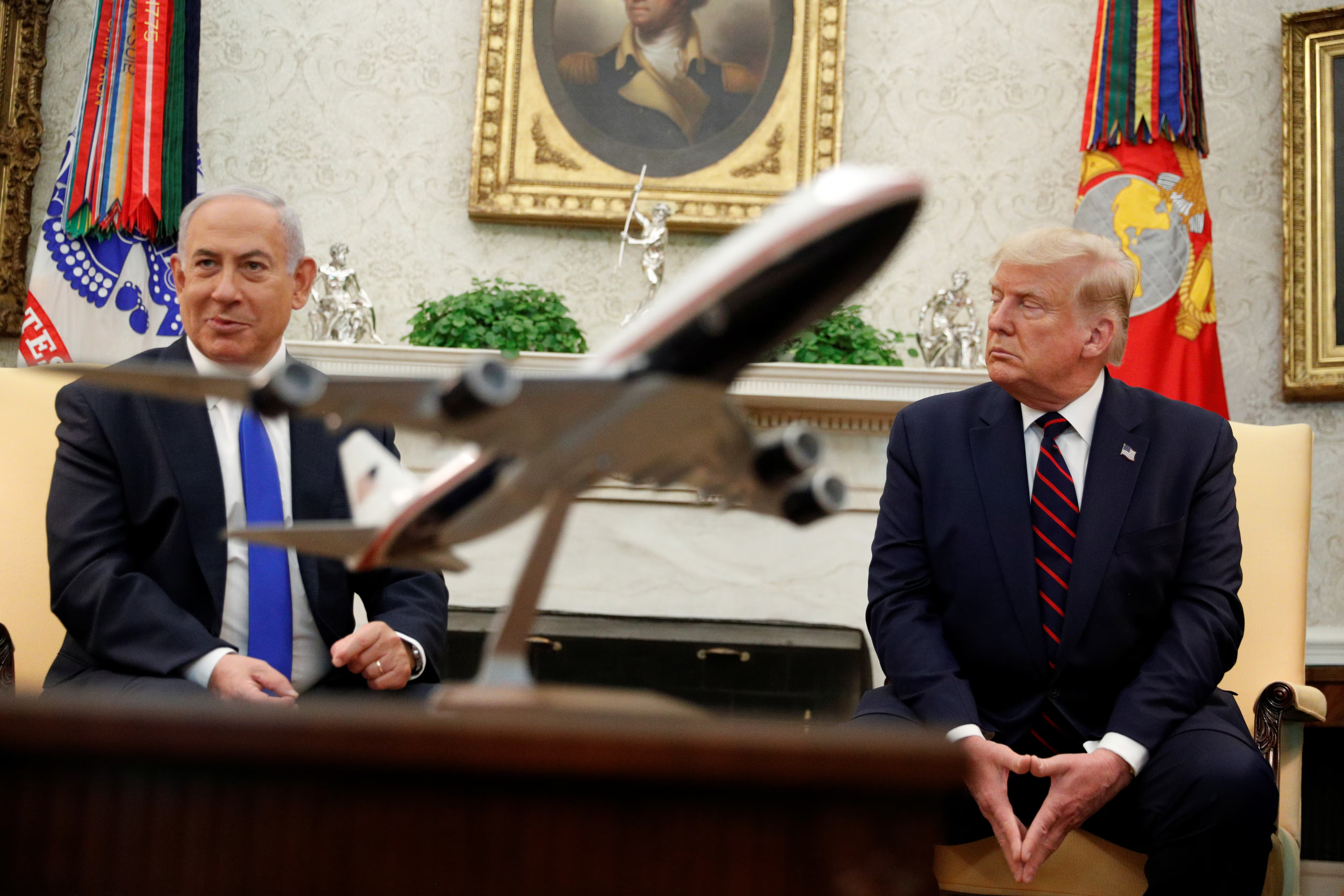
2
Feb
Implications of Netanyahu’s Upcoming Meeting with Trump in Washington
Israeli Prime Minister Benjamin Netanyahu is scheduled to meet with U.S. President Donald Trump in Washington on Tuesday, February 4, 2025. This visit will be the first foreign leader meeting at the White House since Trump’s inauguration.
The meeting is expected to focus on several key issues. One major topic will be the ongoing ceasefire negotiations between Israel and Hamas, specifically discussing the second phase of the agreement. A primary goal of this phase is the release of all Israeli hostages held in Gaza and the establishment of a long-term ceasefire to end the conflict.
Another key issue is the ongoing efforts to secure the release of Israeli hostages, with recent exchanges between Israel and Hamas putting a spotlight on this urgent matter.
Discussions will also likely cover regional security strategies, including how to counter Iran’s influence in the Middle East and strengthen Israel’s diplomatic ties with Arab nations.
This meeting highlights the strong diplomatic relationship between Israel and the United States, as both leaders aim to collaborate on ensuring stability and security in the region.
The meeting between Israeli Prime Minister Benjamin Netanyahu and U.S. President Donald Trump could have significant implications for the Middle East and the Horn of Africa.
For the Middle East, their discussions on regional security and Iran could influence the balance of power in the region. Iran’s activities in Syria, Iraq, and Yemen are often a point of contention, and Israel and the U.S. have been closely aligned in their efforts to counter Iran’s influence, especially regarding its nuclear ambitions. Any further cooperation between Israel and Arab nations, as mentioned in the meeting, could foster greater stability or lead to new alliances, especially after recent normalization agreements between Israel and some Arab countries, such as the Abraham Accords.
For the Horn of Africa, while not explicitly mentioned, the Middle East’s security dynamics can impact this region as well. The Horn, which includes countries like Ethiopia, Eritrea, Somalia, and Djibouti, has seen increasing involvement from Middle Eastern powers. For instance, the UAE and Saudi Arabia have been involved in humanitarian and military efforts in Yemen, and their relations with Eritrea and Somalia have grown. U.S. and Israeli efforts to stabilize the Middle East, especially around issues like Iran’s influence, could indirectly affect the Horn by altering the geopolitical landscape in nearby regions like the Red Sea.
In short, the outcomes of Netanyahu and Trump’s meeting could shape broader alliances, influence security dynamics, and potentially alter how foreign powers engage with the Horn of Africa.

